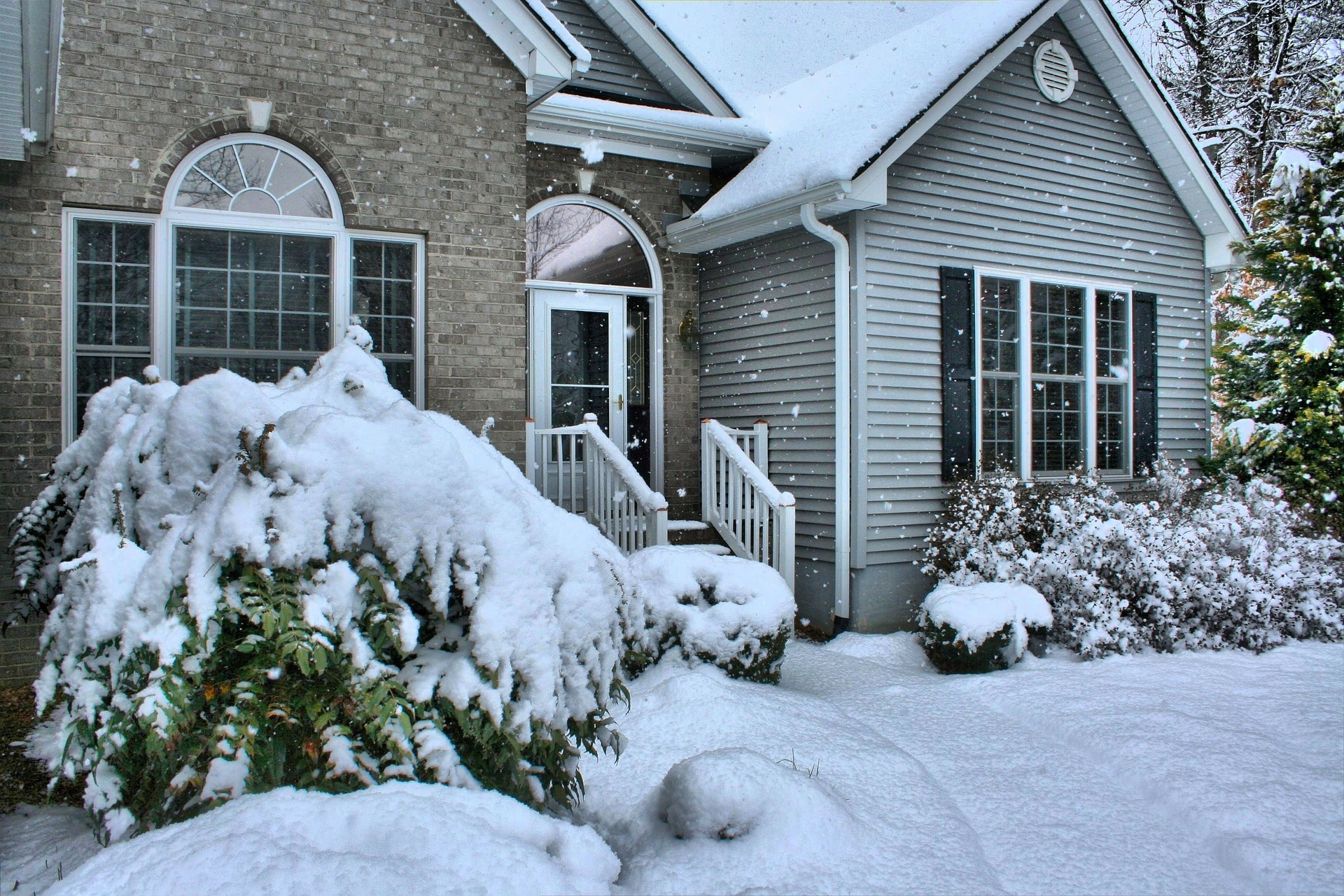
As the colder months approach, many homeowners turn their attention to their home heating system. Unfortunately, there are several common myths and misconceptions surrounding heaters, especially when it comes to furnaces. Believing in these myths can be quite costly, leading to energy inefficiencies and potential safety hazards in your home.
In this blog post, our HVAC experts at Campbell & Company will debunk five of the most common heating myths so you can enjoy a more energy-efficient heating season.
Myth 1: If a Furnace Heats a Home, It Does Not Need Maintenance
One of the most common myths surrounding home heating is the belief that if a heater is keeping a home warm, it doesn’t need any maintenance or repairs. In reality, furnaces and other heating systems require regular maintenance to ensure they operate efficiently and safely.
Debunking the Myth
Furnace maintenance is an essential component to smart homeownership as it helps:
- Ensure safety: Over time, furnaces can develop issues like gas leaks or faulty ignition systems, which can pose serious safety risks to your home. Maintenance helps to catch any problems early before they pose a larger threat.
- Improve efficiency: A well-maintained furnace operates more efficiently, reducing energy consumption and lowering your heating bills.
- Extend life span: Routine maintenance can significantly prolong the life of your furnace, saving you money on costly replacements.
Myth 2: Turning My Heater Off Will Save Money
While it’s true that turning your heater off when you’re not at home or when you’re sleeping can save you money, this is only recommended when you plan to leave it off for a while.
Debunking the Myth
If you turn your heater off every time you leave home and turn it back on once you return, this will start to add up. Doing this requires your heater to work harder to return your home back to the desired temperature once it's turned back on. This wastes energy and costs money.
In most cases, it’s more energy-efficient to lower the thermostat by a few degrees rather than turning your heater off entirely. Other ways to save money while maintaining optimal indoor comfort, consider the following:
- Invest in a programmable thermostat: These devices allow you to schedule heating cycles, ensuring your home is warm when you need it and saving energy when you don’t.
- Seal drafty windows & doors: Proper insulation and sealing gaps in windows and doors can help retain heat, reducing the need for constant heating.
- Consider using a zoned system: If possible, only heat the rooms you’re using with ductless mini-split systems rather than the entire house.
Myth 3: Closing Vents in Unused Rooms Will Increase Efficiency
Another common misconception is that closing vents in unused rooms will make the heating system more efficient. While it may seem like a logical way to redirect heat to occupied areas, this myth can actually harm your furnace and reduce its energy efficiency.
Debunking the Myth
Closing vents can lead to several issues with your furnace, including:
- Increased pressure: Closed vents can cause air pressure imbalances in your ductwork, potentially leading to leaks and inefficiencies.
- System strain: Restricting airflow can cause the furnace to work harder than necessary, potentially leading to overheating and premature wear.
- Uneven heating: Closing vents can result in uneven heating throughout your home, making some rooms too hot while others remain freezing.
Instead of closing vents, consider using a zoning system or adjusting the thermostat to maintain a consistent temperature throughout your home.
Myth 4: Space Heaters Are More Efficient Than Central Heating
Many people believe that using space heaters is more energy-efficient than relying on central heating systems. While space heaters can be useful for spot heating, they are not the most efficient option for heating an entire home.
Debunking the Myth
Central heating systems, when properly maintained and used efficiently, can be more cost-effective than multiple space heaters. Space heaters consume a significant amount of electricity and are only suitable for heating small areas. Additionally, using multiple space heaters in different rooms can quickly add up to higher energy bills.
For whole-home heating, consider upgrading your central heating system to a more energy-efficient model and implementing temperature zoning to heat specific areas as needed.
Myth 5: Cranking Up the Thermostat Will Heat Your Home Faster
Some homeowners believe that setting the thermostat to a very high temperature will heat their home faster. In reality, this myth doesn’t make the heating process any faster and can lead to higher energy bills.
Debunking the Myth
Thermostats control the temperature at which your heating system operates, not the speed at which it warms your home. Setting the thermostat to an excessively high temperature only makes the system run longer, consuming more energy without heating your home any faster.
To warm up your home efficiently, consider the following:
- Set the thermostat to your desired indoor temperature.
- Be patient; the system will work at the same rate regardless of the setting.
- Use a programmable thermostat to schedule temperature adjustments based on your daily routine.
Stay Warm With Help From Campbell & Company
Enjoy a warm and cozy home this winter with help from the expert team at Campbell & Company. By scheduling a routine maintenance appointment ahead of the heating season, you’ll ensure your furnace is up to the task of preserving your indoor comfort. Allow us to help identify potential problems early and extend your system’s life span with our comprehensive maintenance solutions.
Schedule a heating tune-up in Yakima, the Tri-Cities, or surrounding areas today by calling (509) 412-3146!

